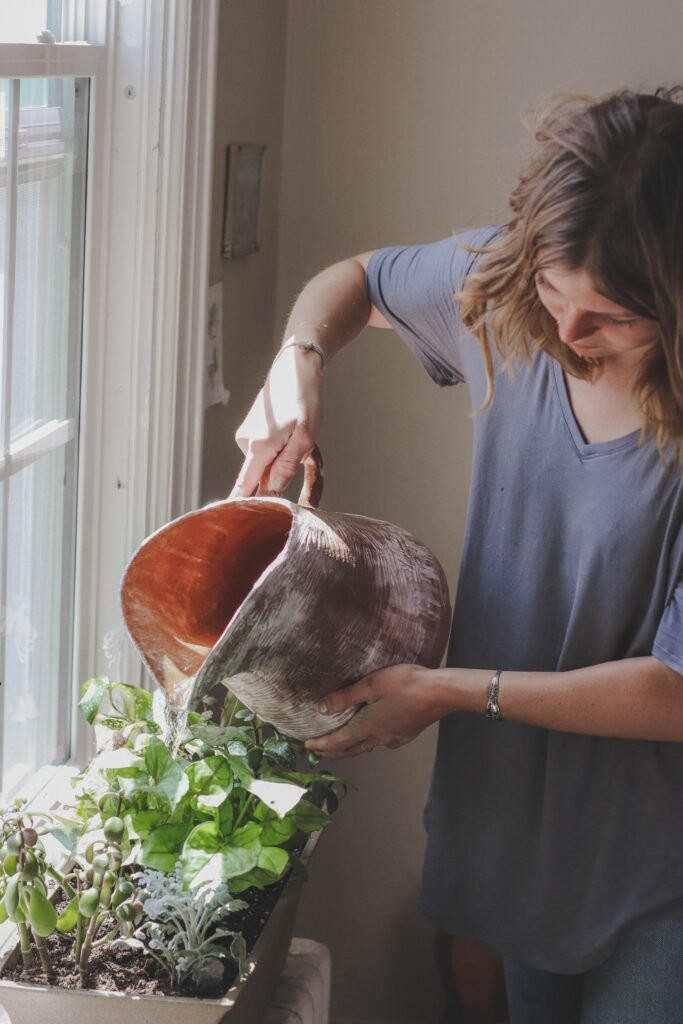Our relationship with houseplants has drastically changed since the start of the COVID-19 pandemic. Some people have always been self-proclaimed plant parents, but for many, like myself, our obsession with these leafy green organisms didn’t begin until quarantine. But houseplants have many benefits that some may not be aware of.
Houseplants help us form a routine where we open curtains for morning sunshine, inspect leaves for new growth and the overall health of the plant, and check soil for watering. They provide us with a green space to enjoy inside when we’re unable to go outside, and fill us with a sense of purpose and pride when we spot that new leaf beginning to unfurl, knowing our care as plant parent has been successful. While this may appear as a one-sided relationship with plant parents doing all the work, this is actually a reciprocal relationship, and the plants help us just as much (or maybe even more!) than we help them.

Multiple studies have found that houseplants help to reduce stress levels, recover from illness more quickly, and can even boost productivity. They also have therapeutic benefits, as houseplants have been shown to improve mental health and reduce rates of depression and anxiety. In addition to these, there have been many studies done to assess the level to which certain houseplants can improve air quality.
However, in order to make a significant difference in the indoor air quality, you’d need to have quite a large number of houseplants. Still, it’s a comfort to know that my single little spider plant works to make the air around my workspace a little cleaner, even if the effects of it are small.
Dr. Liz Claudio’s 2011 study on plants’ effects on indoor air quality, cited above, provides a small list of plant species most effective at purifying the air. These include:
- Palms, such as bamboo palm, areca palm, and lady palm
- Boston fern
- English ivy
- Rubber plant
- Ficus
- Peace lily
- Dracaena
If you’re considering getting a houseplant for any of the above reasons, make sure you do a bit of research beforehand to ensure you have a plant that fits your home and skillset, rather than just buying a plant for its appearance. For example, english ivy is a plant that is pretty hard to kill — which is great for beginners — but needs partial or full shade, so it would not do well in a spot that gets a lot of sun throughout the day.
Also important to keep in mind is whether a certain type of plant is harmful or harmless to any pets or young children in your household. A quick Google search will help you in your quest to get the right houseplant for you and ensure that you can help it thrive. Remember, even though plants do a lot for us, we still need to care for them, too! It is a reciprocal relationship, after all.
